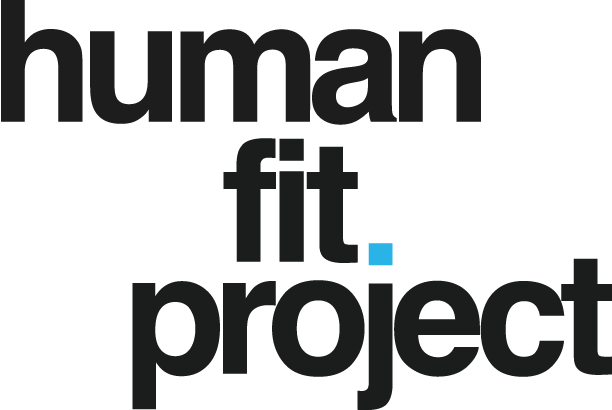One question that consistently pops up is, “How do I know if I’m overtraining?” Overtraining is a serious concern, especially for those who are passionate about staying active and healthy. While I feel most people are under-training, it’s important to understand the signs of overtraining to prevent injury and maintain peak performance.
So, let’s dive into the key indicators of overtraining and how to keep yourself in check.
Related: 35+ free workout plans for different goals and ability levels
Don’t forget to follow us on social media: Instagram, Facebook, and Twitter
Am I Overtraining? The Red Flags
1. Persistent Fatigue
One of the most telling signs of overtraining is constant, unrelenting fatigue. This isn’t just the regular tiredness you might feel after a tough workout, but an ongoing sense of exhaustion that doesn’t seem to go away, even with adequate rest.
Related: The perfect day for brain and body performance
2. Decreased Performance
If you’ve been pushing yourself harder than ever in the gym, but your progress has plateaued or even regressed, this could be a sign of overtraining. When your body isn’t getting enough recovery time, it can’t perform at its best, and your performance will suffer.
3. Increased Injuries
Pushing past your body’s limits can result in an increased risk of injuries. Overuse injuries, like tendonitis and stress fractures, are common in those who overtrain. Listen to your body and give it the rest it needs to avoid these setbacks.
4. Sleep Disturbances
Overtraining can lead to disruptions in your sleep patterns. You might find it difficult to fall asleep or stay asleep, even though you feel exhausted. Sleep is crucial for recovery, so pay attention to any changes in your sleep quality.
Related: 10 proven ways to achieve quality sleep at night
5. Mood Changes
Lastly, overtraining can impact your mental health, leading to mood swings, irritability, and even depression. Exercise is known to boost mood, but when taken to the extreme, it can have the opposite effect. Keep an eye on your emotional well-being and take it as a sign to dial back your training if needed.
Finding Balance: Staying Motivated and Consistent
As a fitness enthusiast, I love challenging workouts and pushing my limits. But, it’s crucial to recognize that balance is key. To stay motivated and defy the stereotypes of what a 30-something, 40-something, or 50-something should look and perform like, you must be consistent without overdoing it.
Your success in fitness is guaranteed if you work out consistently and maintain a healthy diet. But remember, it’s also essential to allow your body time to rest and recover. Embrace the support of the fitness community and stay true to your goals, but always prioritize your well-being.
Knowing when you’re overtraining is essential for sustained success in your fitness journey. Be mindful of the warning signs, like persistent fatigue, decreased performance, increased injuries, sleep disturbances, and mood changes. Stay consistent, stay positive, and keep showing up, but never forget to listen to your body and give it the rest it needs.
Good luck in your journey, and remember, I’m rooting for you. The entire HFP community is rooting for you. Find your balance, stay motivated, and make things happen.

